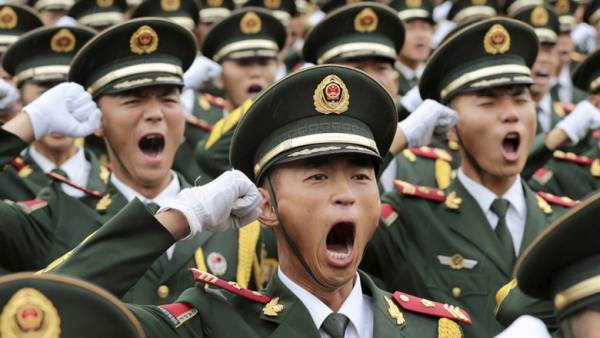The weakening of Western democracy and Russia’s struggle for influence: what are the threats listed in the new strategy, U.S. intelligence
The US intelligence community on January 22 presented an updated version of the national intelligence strategy for the next four years. RTVI chose the most important thing in this document.

The main threat in the US Intelligence community believe traditional opponents, who continue to use changing conditions in the international arena to expand their influence. The actions of these countries may conflict with the interests of America in the military, economic and political spheres.
The new strategy notes that the greatest threat to the U.S. are Russia and China. “Russia will likely continue its efforts to expand its influence and enhance the authority, it could lead to conflict with the objectives that the United States pursue in different regions”, — the document says.
In Washington also fear that China will continue to modernize its armed forces and will aim to politically and economically dominate the Pacific region and beyond. The strategy notes that Beijing can negotiate on issues of mutual interest, for example, on North Korea.
Us intelligence believes that a major challenge to space exploration in other countries.
For example, Russia and China will seek to acquire all kinds of anti-satellite weapons that can reduce the effectiveness of US military power and endanger their safety.
The increasing commercialization of space provides opportunities that were previously available only to global superpowers. The document notes that modern society depends on access to the equipment placed in the space, including for military operations.
Cyber threats undermine people’s confidence in public and state institutions, as well as lead to numerous economic costs, at both the national and international level. American authorities say that opponents of the United States the growth of their cyber capabilities will pose an increasing security threat.
New technologies such as artificial intelligence, can be economically beneficial, but they give a new military and intelligence capabilities to enemies of the United States. The strategy emphasized that the diffusion of those technologies is uneven that in the future could dramatically increase the gap between those who have and those who don’t.